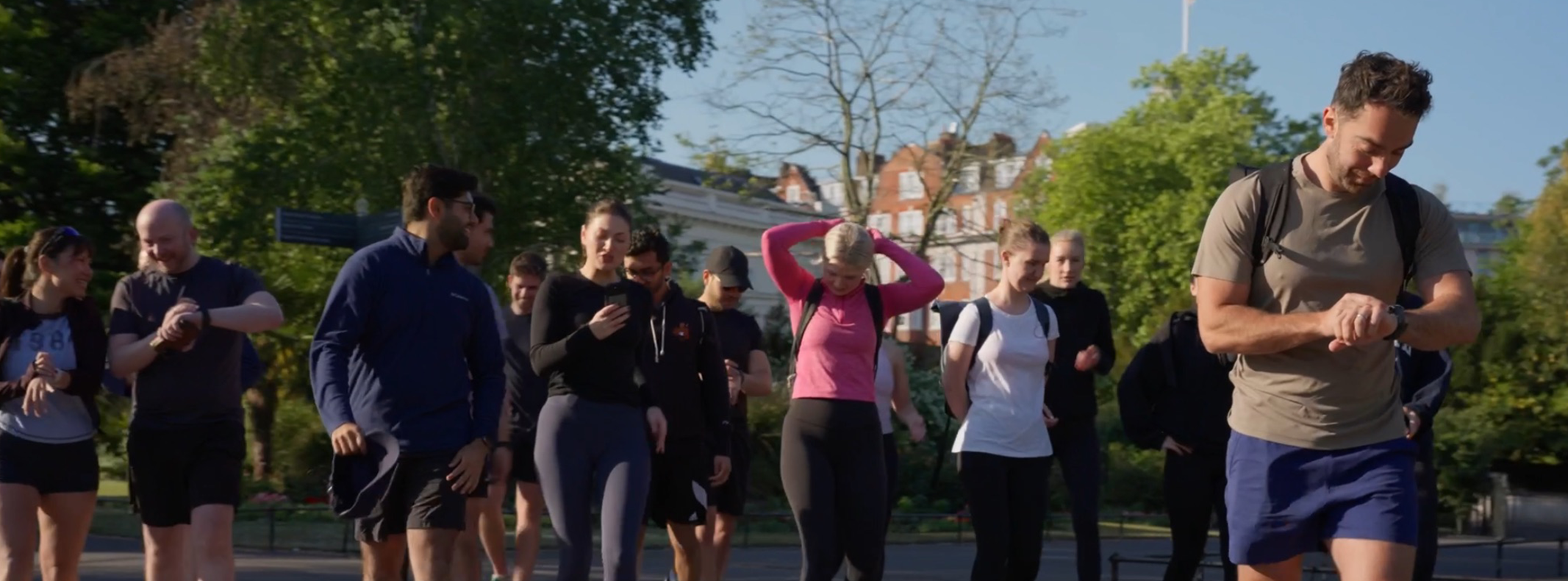What does the ‘Future of Money’ look like for Octopus Ventures?
Octopus Ventures’ internal structure is crafted to help pioneers change the world. The team’s expertise is focused through three pods: Future of Money, Future of Health and Deep Tech. Here, Zihao Xu reveals the inner workings of the Future of Money pod.
Money is the means by which society exchanges and allocates resources and risk. It’s an abstract symbol that represents the scarce goods and services that enable us to live, to improve the livelihoods of others, and to ultimately provide us with joy. Our unique ability to cooperate and coordinate at scale relies on monetary systems that govern commerce, exchange and storage of value.
The Future of Money team aims to back the entrepreneurs who are redefining the effectiveness of our monetary systems, changing the way society exchanges and allocates resources and risk. This is about the big leaps forward, the revolutionary ideas and technologies, not the incremental nudges along the way.
The Future of Money’s purpose is not to predict the future, but to enable pioneers to create it. What might this look like in reality?
The means of exchange
For Millennia we have thrived on the fruits of specialisation, and with specialisation the need for exchange has developed. Since the first barter systems, humans have been exchanging goods, services and knowledge. However this process of exchange has always involved frictions that have slowed our progress. Many consider our payments infrastructures today to be more than adequate, but frictions still exists that slow down most of our exchanges and render others prohibitive: for example trying to remit less than $5 across borders from most parts of the world is still hard to do today. The holy grail is to enable anyone to make any transaction at the speed of thought and at trivial cost, and we’re a long way from that future. Trying to solve for speed, cost, security and reliability is a tough challenge.
The really big changes, driven by new technologies, are on the horizon. Our portfolio company, Token, connects banks and other institutions through a single API, enabling faster, smarter and more flexible approaches to payments, whilst Calastone aims to open up access to investment markets and give investors greater choice by offering low-friction access to its global fund transaction network. As more companies like these emerge and new technologies evolve, the ease with which value is exchanged will certainly change the way we interact with money. ‘The root of all evil’ will become a purer version of its original purpose: a simple, convenient means of exchange.
Allocating resources
Allocating resources involves making choices. The more options there are to choose from and the more informed that choice is, the more likely it is to be efficient and beneficial. Pioneers, applying AI to institutions’ and individuals’ monetary decisions for example, are massively affecting the way resources are distributed. We’re fortunate to have recently invested in Mosaic Smart Data. This company is empowering capital markets institutions to harness their huge data reservoirs intelligently. Mosaic’s products cleanse, normalise and enrich the banks’ vast quantities of dormant raw data to help decision-makers more quickly and accurately draw conclusions about the best transactions to undertake. For consumers, Multiply provides financial advice to help them make better choices with their money. Managing money is a hard problem, especially when you consider it in the context of your aspirations in life and the proliferation of financial products available. Historically financial advice has only been available to those with the means to pay a highly-educated advisor. Multiply is expanding access to advice by building an AI engine to provide regulated and impartial financial advice for free to those who would otherwise not be able to afford it.
Risk
Risk is an unavoidable facet of the world we live in and unforeseen events can prove catastrophic. Using money as its reciprocal however, we can manipulate, pool and offset risk. The proliferation of new types of risk, of data that helps model risk and of models that help educate consumers about the risks they are subject to are some of the forces that are driving innovations that we see in insurtech. ByMiles offers car drivers an insurance product that is much more reflective of their actual risk profile and priced significantly more attractively, while BoughtByMany enables its customers to find appropriate insurance in the first place for risks that historically have been hard to cater for. DeadHappy is tackling attitudes to risk head on, not just towards life insurance (most people are severely underinsured), but to death itself. Its irreverent and radically practical way of arranging after-death financial matters is polarising audiences: those who love it, really love it.
Money itself
The zero marginal cost revolution that the internet created has ushered in a new era of abundance, creativity and open innovation. All sorts of media have been created and affected, from social networks and blogs to streaming services and news. Money, however, has remained relatively unchanged. The scarcity of money is critical to its function, so removing the scarcity constraint through the internet doesn’t help. Public ledger blockchains have for the first time enabled us to create digital scarcity without resorting to a central party enforcing a ledger. This paves the way for a new era of competitive and open financial innovation and incentive design. Money-fuelled incentive structures have been the fundamental medium through which humans have coordinated en masse during the economic boom of the last century, and we’re excited to back the pioneers enabling new structures of incentivization yet unseen through cryptoassets and distributed ledger technologies.
Money is an abstract concept representing the limited resources we have on our planet, but the way we interact with it determines the welfare of our society. The way we pay, the way we secure our futures and the incentives that drive us to earn, save, cooperate and invest are all changing. We can’t wait to meet the pioneers driving this change.













